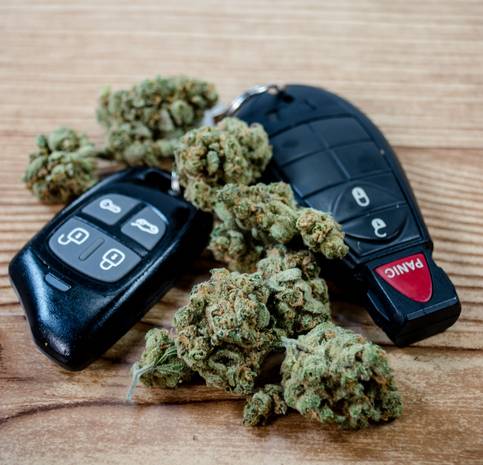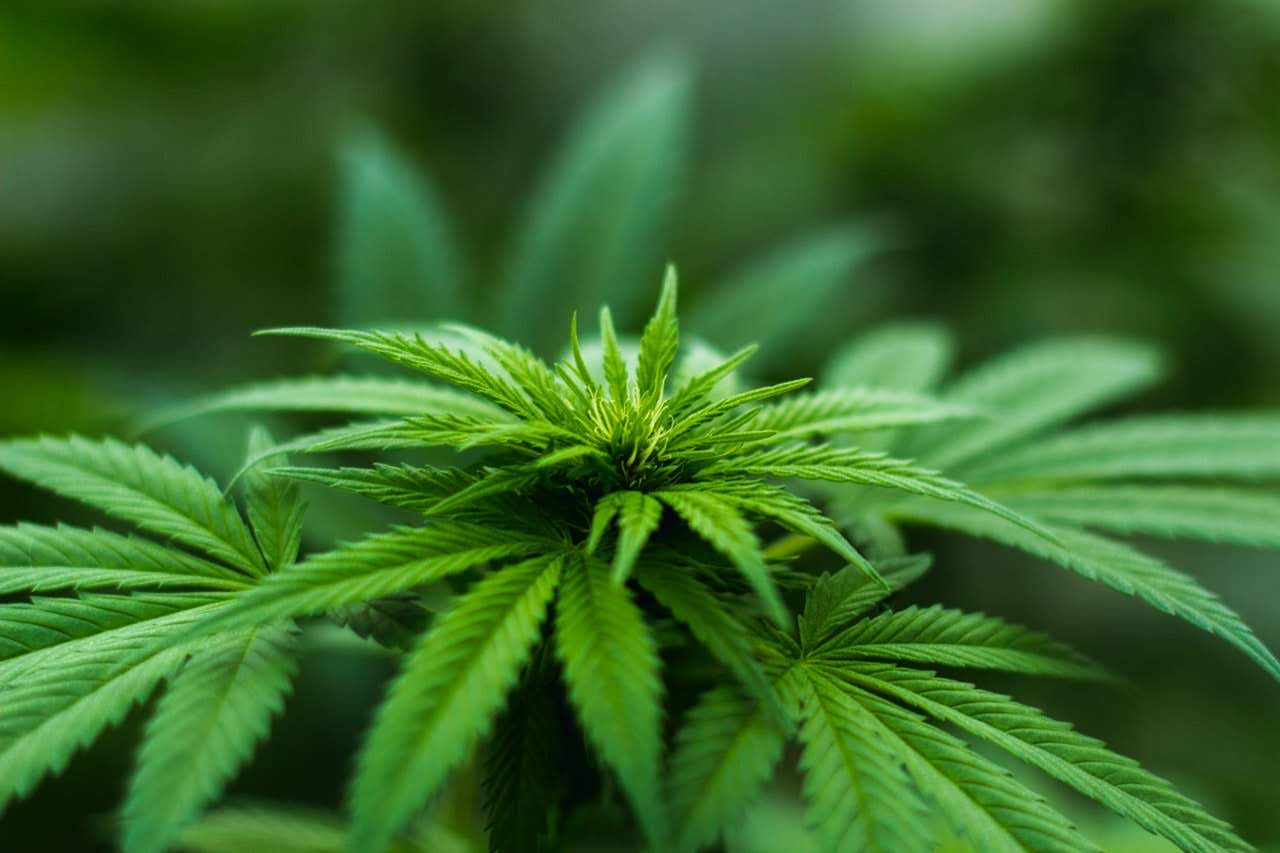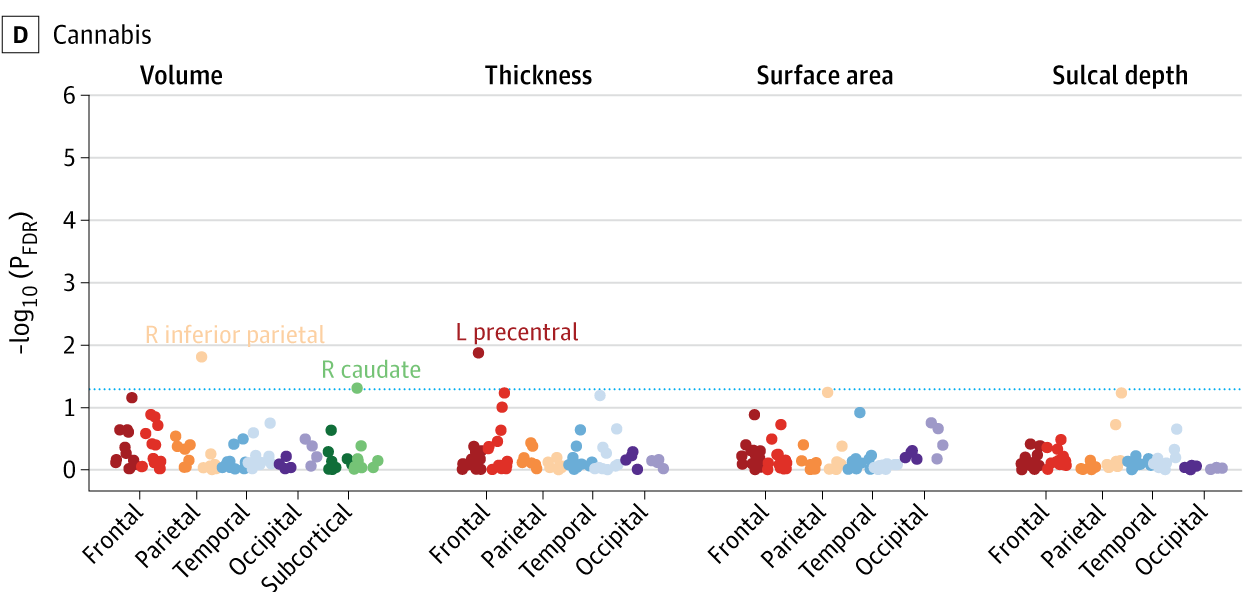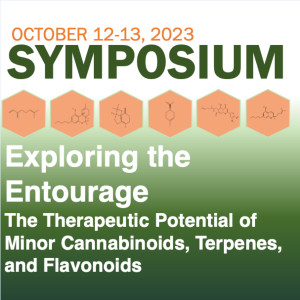
Exploring the Entourage:
The Therapeutic Potential of Minor Cannabinoids, Terpenes, and Flavonoids
The Center for Medicinal Cannabis Research (CMCR) hosted a virtual, two-day symposium on October 12-13, 2023 highlighting the state of science in medicinal cannabis research. Whereas the majority of current research focuses on delta-9-THC and cannabidiol, the 2023 CMCR Symposium highlighted emerging clinical and translational research on the "other" constituents of cannabis (minor cannabinoids, terpenes, and flavonoids) and the entourage effect.
2023 CMCR Symposium Awards
Thirty years of Human Cannabinoid Administration Studies Contributing to the Development of Medical Cannabinoids
Marilyn Huestis, AB, MS, PhD, Professor; Senior Fellow at Thomas Jefferson University; Science & Policy Advisor at Pinney Associates; President of Huestis & Smith Toxicology, LLC
Cannabis Misuse and Therapeutic Potential: Placebo-controlled Laboratory Studies
Margaret Haney, PhD, Professor of Neurobiology (in Psychiatry) at Columbia University Irving Medical Center, New York State Psychiatric Research Center
Moderated panel discussion and Q&A with 2023 CMCR Symposium Award Recipients
Videos of congratulations from 2022 Award Recipients - Video from Dr. Daniele Piomelli and Video from Dr. Donald Abrams
CMCR Special Lectures
A Randomized Clinical Trial of Cannabidiol for Behavioral Problems in Boys with Severe Autism
Doris Trauner, MD, Distinguished Professor Emerita of Neurosciences at UC San Diego
A Double-Blind Randomized, Placebo-Controlled Study of the Safety and Effects of CBN With and Without CBD on Sleep Quality
Marcel Bonn-Miller, PhD, Chief Scientific Officer, Charlotte's Web
Panel 1: Update on Federal activities affecting cannabis research moderated by Steve Gust, PhD, Advisor to CMCR
Moderated discussion with panelists
Panelists:
David Shurtleff, PhD, Deputy Director, National Center for Complementary and Integrative Health
Cassandra Taylor, PhD, Botanical Products, Center for Drug Evaluation and Research, US Food and Drug Administration
Richard (Rik) Kline, PhD, Chief, Chemistry and Pharmaceutics Branch, NIDA
The Entourage: Minor Cannabinoids, Terpenes, and Flavonoids
Assessing the Analgesic and Subjective Effects of Inhaled Beta-Caryophyllene Alone and with Delta-9 THC in healthy volunteers
Ziva Cooper, PhD, Professor of Psychiatry and Biobehavioral Sciences and Anesthesiology at UCLA
Behavioral Pharmacology of D-Limonene and THC
Ryan Vandrey, PhD, Professor at the Johns Hopkins University Behavioral Pharmacology Research Unit (BPRU)
Anti-allodynic effects of Beta-caryophyllene in rodent models of neuropathic pain
Sara Jane Ward, PhD, Associate Professor of Neural Sciences, Lewis Katz School of Medicine, Temple University
Anti-seizure and Entourage Effects of Plant Cannabinoids in Preclinical Models
Jonathan C. Arnold, PhD, Deputy Academic Direct of The Lambert Initiative for Cannabinoid Therapeutics, Professor of Cannabinoid Pharmacology at the University of Sydney
Terpenes from Cannabis Sativa are Cannabimimetic and Selectively Enhance Cannabinoid Activity
John Streicher, PhD, Professor of Pharmacology at the University of Arizona
Q&A Discussion moderated by Drs. Ziva Cooper and Patrick Still
Panel 2: Use of minor cannabinoids, terpenes, and flavonoids in the community moderated by Igor Grant, MD
Moderated discussion with panelists
Panelists:
Dale Gieringer, PhD, California NORML
Bonni Goldstein, MD, Medical Director, CannaCenters
Michelle Sexton, ND, Medical Staff Professional, Center for Integrative Medicine, UC San Diego
Sherry Yafai, MD, Medical Director, The ReLeaf Institute
The State of Cannabis: A Survey of 5,000 Californians
Linda Hill, MD, MPH, Distinguished Professor in the Department of Surgery, School of Medicine, Assistant Dean at the School of Public Health, UC San Diego
Evaluation of Field Sobriety Tests for Identifying Drivers Under the Influence of Cannabis
Tom Marcotte, PhD, CMCR Co-Director, Professor of Psychiatry, UC San Diego
Poster Session videos
Free CME is available for the 2023 CMCR Symposium. Click here to view the activity and claim CME.
LINK to CMCR Symposia Series







